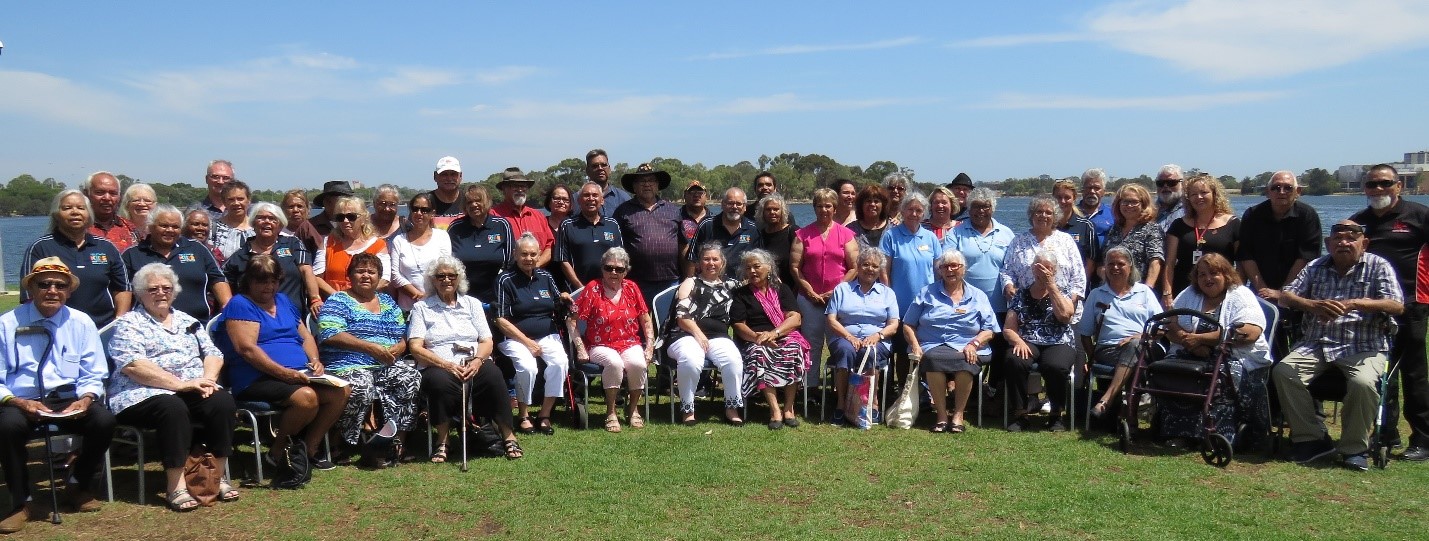Search
Research
'If I Wanted to Have More Opportunities and Go to a Better School, I Just Had to Get Used to It’The experiences of 32 male Aboriginal students from regional and remote towns and communities while they attended a metropolitan boarding school...
Research
Nitazoxanide for the treatment of infectious diarrhoea in the Northern Territory, Australia 2007-2012This paper examines the use of a new antibiotic to treat diarrhoea cause by Cryptosporidium infection in Australian Indigenous children.
Research
Gaps in Indigenous disadvantage not closing: A census cohort study of social determinants of health in Australia, Canada, and New Zealand from 1981-2006Australia, Canada, and New Zealand are all developed nations that are home to Indigenous populations which have historically faced poorer outcomes than their...
Research
Extensive Diversity of Streptococcus pyogenes in a Remote Human Population Reflects Global-Scale Transmission Rather than Localised DiversificationThe Indigenous population of the Northern Territory of Australia (NT) suffers from a very high burden of Streptococcus pyogenes disease, including cardiac...
Research
Weaving the narratives of relationship in community participatory researchThe Looking Forward Project is the story of our work with the Nyoongar community working together with mental health and drug and alcohol service providers...
Research
Increased mortality among Indigenous persons during and after release from prison in New South WalesThe objective of this study was to estimate the overall and cause specific mortality of Aboriginal offenders in New South Wales (NSW), Australia.
Research
Heavy maternal alcohol consumption and cerebral palsy in the offspringThe aim of this study was to investigate the association between heavy maternal alcohol consumption and pre- peri- and postneonatally acquired cerebral palsy.
Research
Community-Level Socioeconomic Inequalities in Infants With Poor Fetal Growth in Western Australia, 1984 to 2006This study describes social and racial inequalities in poor fetal growth in Western Australia between 1984 and 2006.
Research
Research as intervention: Engaging silenced voicesThe emergence of Indigenous researchers into the public health research sector presents a challenge to what have traditionally been Western-based research...

The third Big Elders meeting/gathering was held on the 26th of February 2019 at Burswood on Swan.
